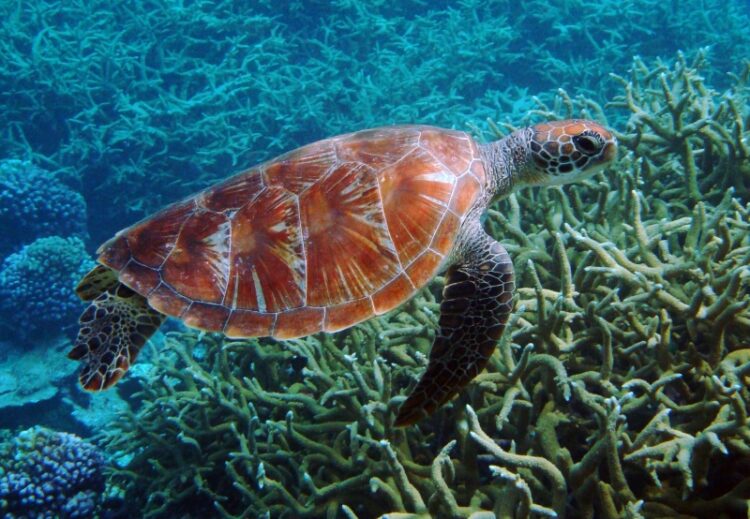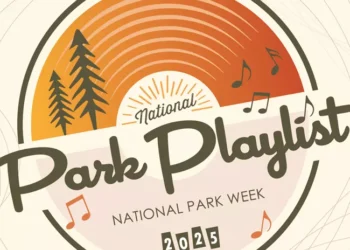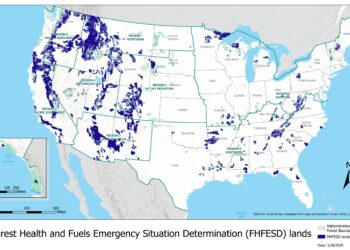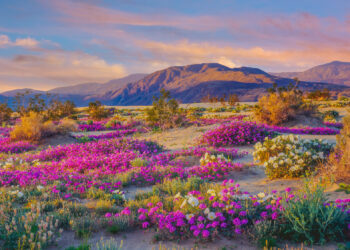On April 17, 2025, President Trump signed a proclamation that opened up the Pacific Islands Heritage Marine National Monument, one of the largest marine reserves in the world, to commercial fishing. This proclamation, called Unleashing American Commercial Fishing in the Pacific, now allows U.S. flagged vessels to fish commercially within the boundaries of the National Monument.
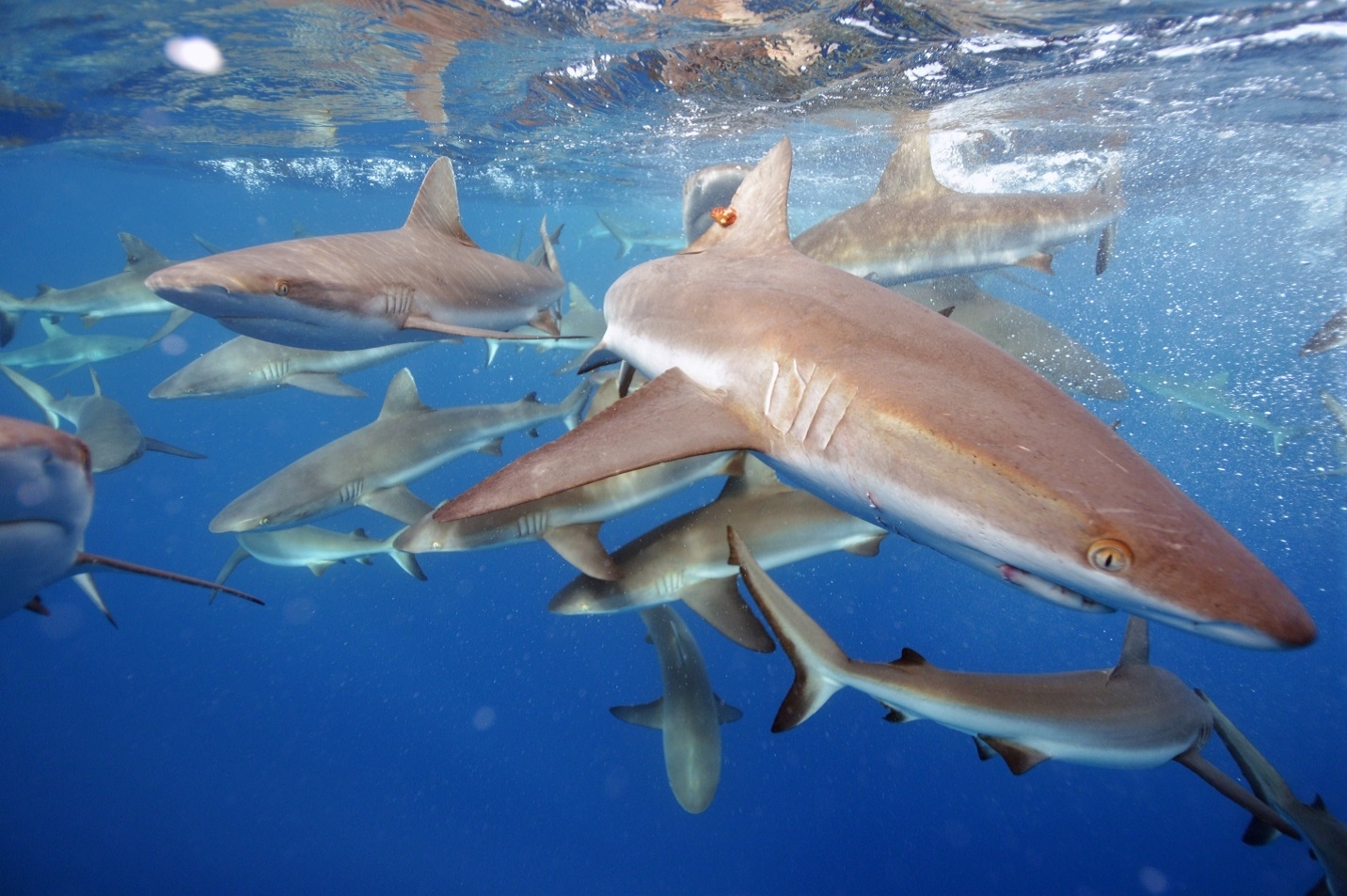
The National Monument
The Pacific Islands Heritage Marine National Monument, formerly known as The Pacific Remote Islands Marine National Monument (PRIMNM), was established by President Bush in 2009. It encompassed around 83,000 square miles of land and waters in the Pacific Ocean near Hawaii. In 2014, President Obama expanded the National Monument to cover more than 490,000 square miles – almost 6 times its original size. These expanded safeguards aimed to conserve the many species of wildlife that inhabit these waters and islands. This includes many endemic species such as corals, fish, marine mammals, birds, insects, and vegetation found nowhere else.
Possibly Positive?
Now, President Trump has stated that he wants America to be the world leader of seafood production. In the proclamation, he lifted protections for the National Monument in order to now allow fishing vessels to enter the waters. Trump claims that the protections on the National Monument put American fishermen at a disadvantage as they need to travel farther offshore to find suitable waters. Because of this, he claims American fishing fleets have lost access to almost half of the United States’ Exclusive Economic Zone in the Pacific Islands which has been detrimental to the seafood industry. By opening up these protected areas, he would be freeing up plentiful fishing waters for the American fishing fleets as well as allowing indigenous Samoans to fish nearby. The Secretary of Commerce was also directed to review other marine monuments for additional loosening of regulations.
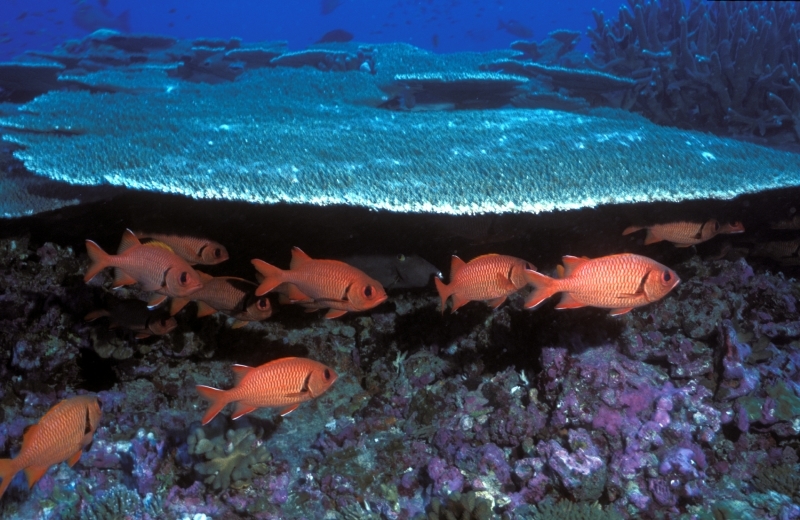
Pushback
Many flat out disagree with President Trump’s proclamation. Critics say that the proclamation threatens the many species that call the National Monument home. Biodiversity is endangered as overfishing can lead to disastrous effects for marine ecosystems. Conservationists also argue that the proclamation disregards years of existing conservation laws including the Endangered Species Act, Marine Mammals Protection Act, and the Clean Water Act. By disregarding these laws and directing the Commerce Secretary to evaluate additional protected areas, the floodgates could potentially open for a conservation crisis in the Pacific Ocean. In paragraph two of the proclamation, President Trump states he “find[s] that appropriately managed commercial fishing would not put objects of scientific and historic interest within the PRIMNM at risk.” Maxx Phillips, Director and Staff Attorney for the Hawaii and Pacific Islands at the Center for Biological Diversity, strongly disagreed by stating that “this is a gift to industrial fishing fleets and a slap in the face to science and the generations of Pacific Islanders who have long called for greater protection of these sacred waters.”


